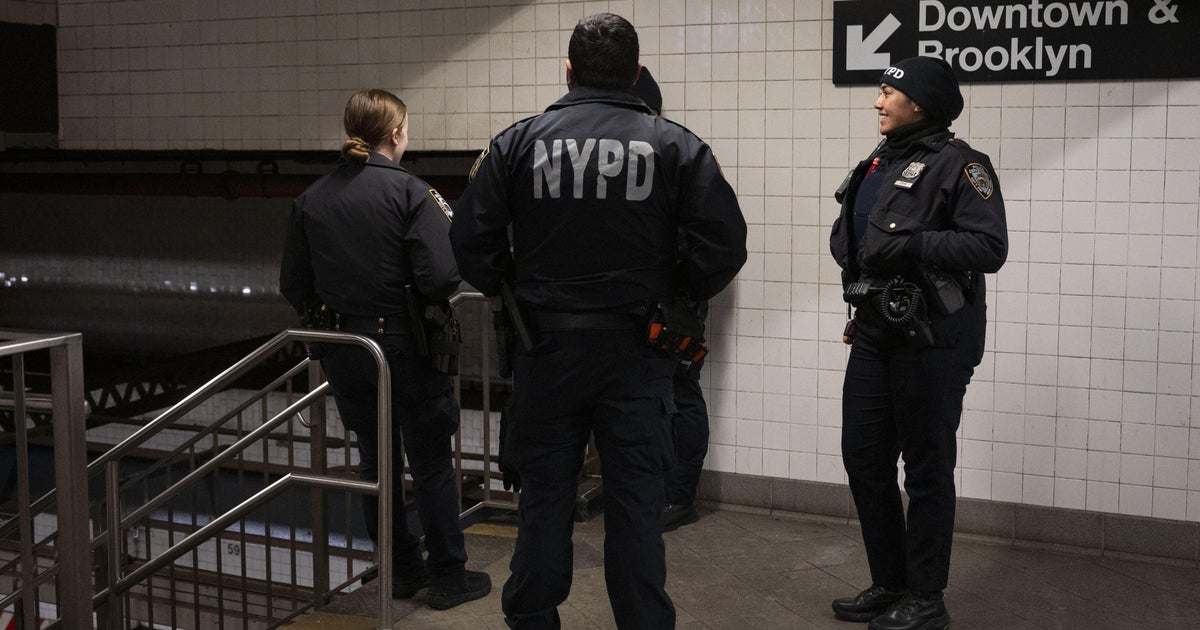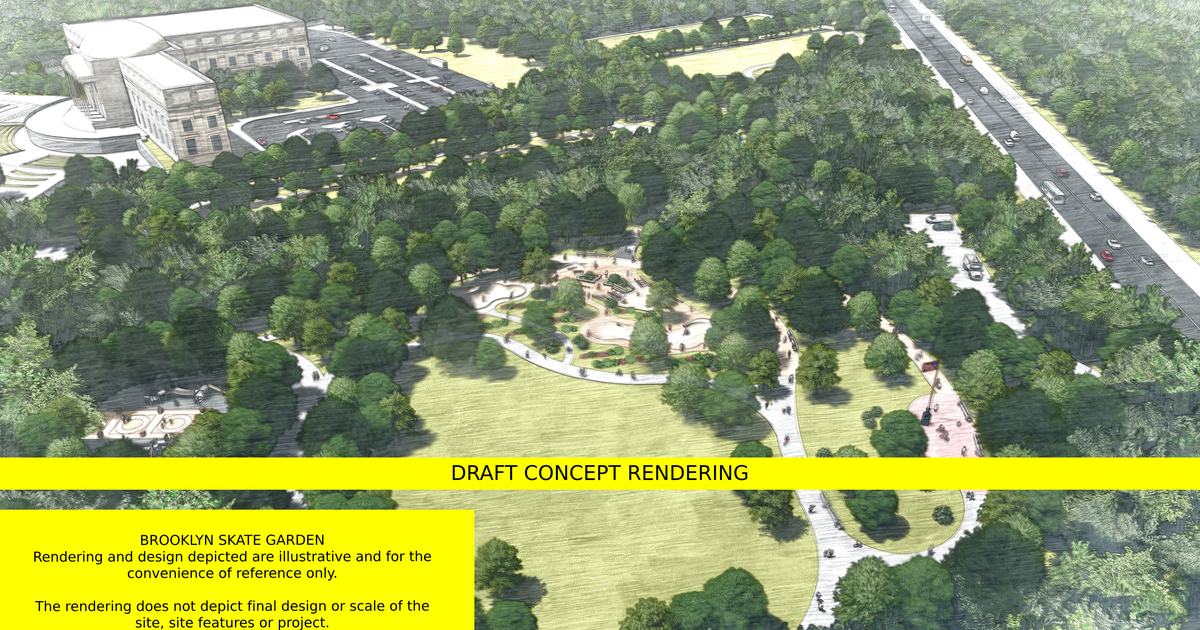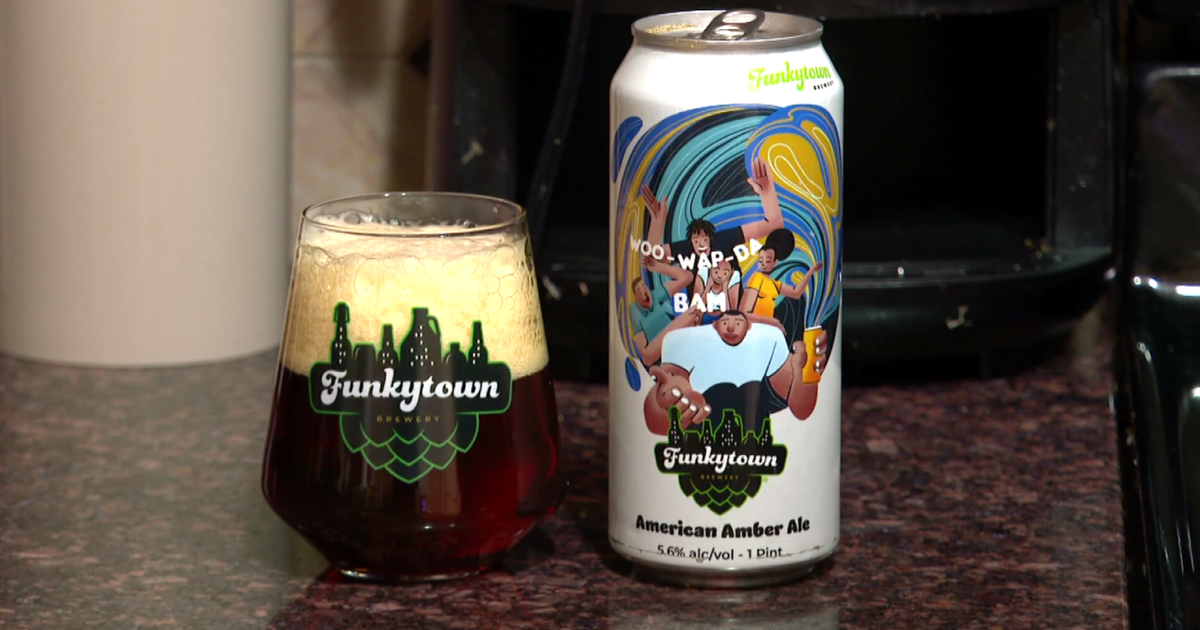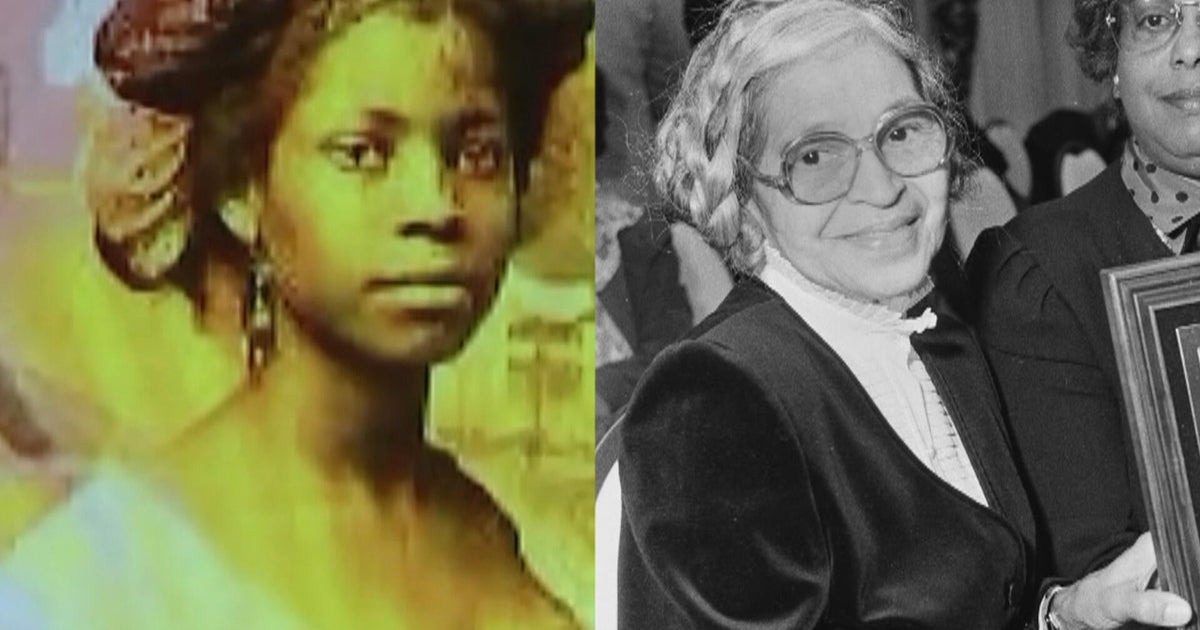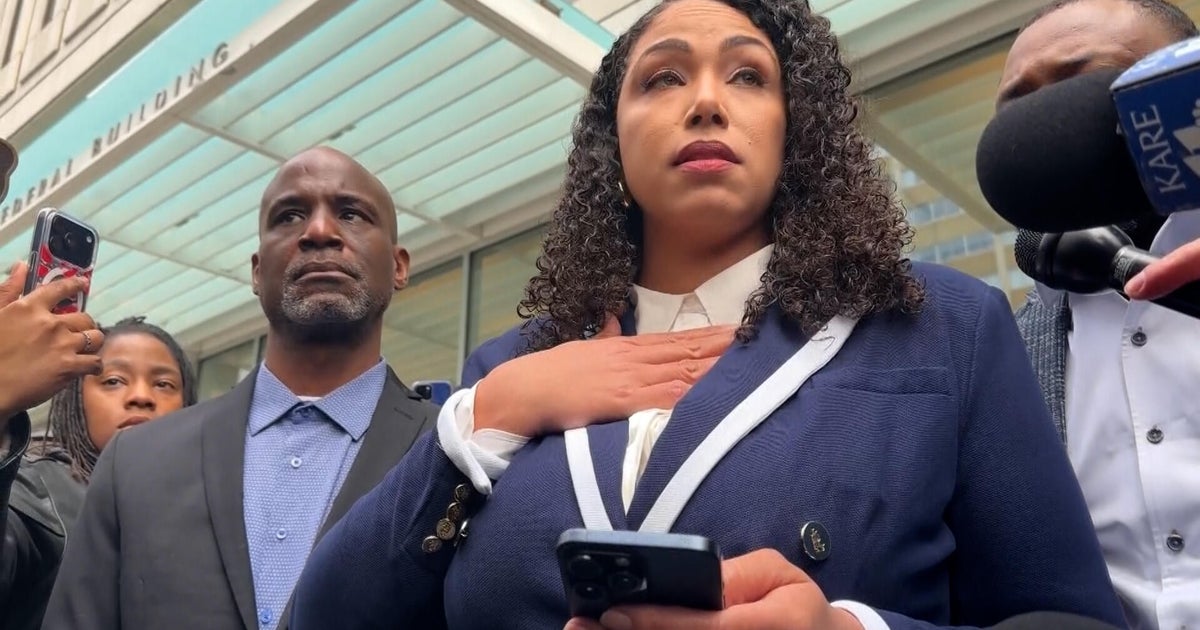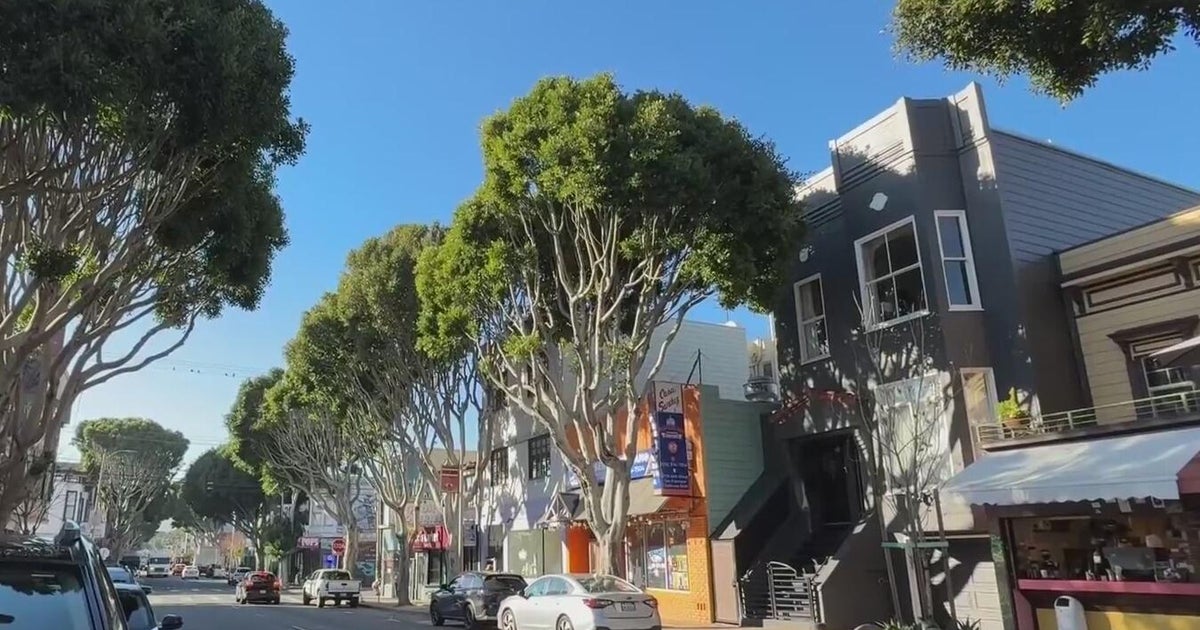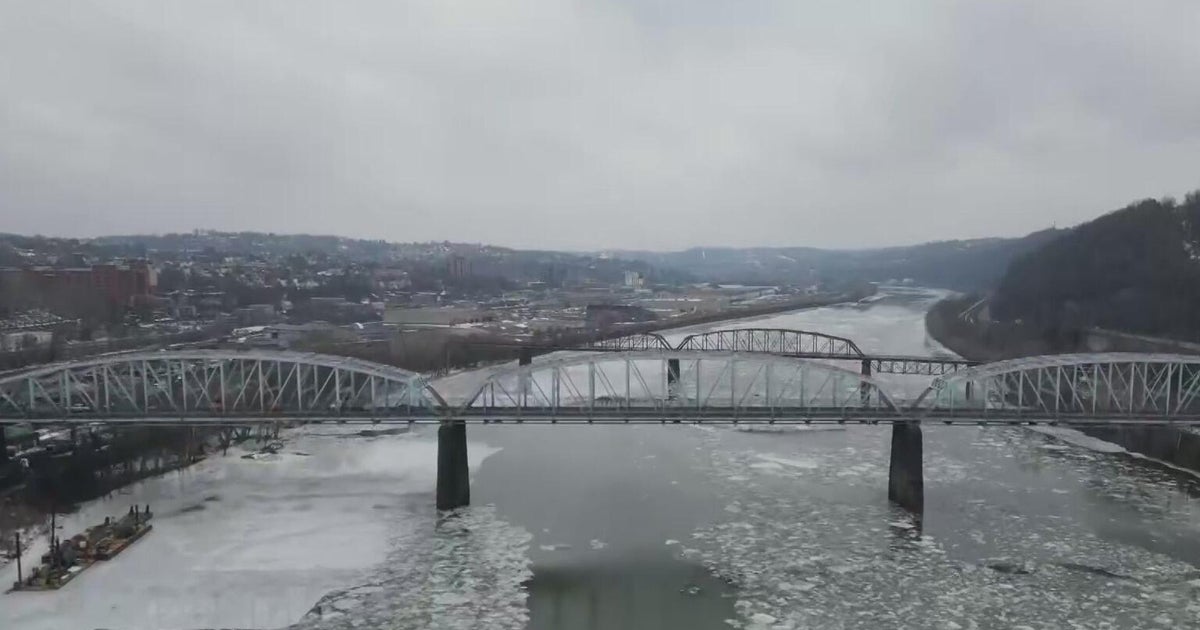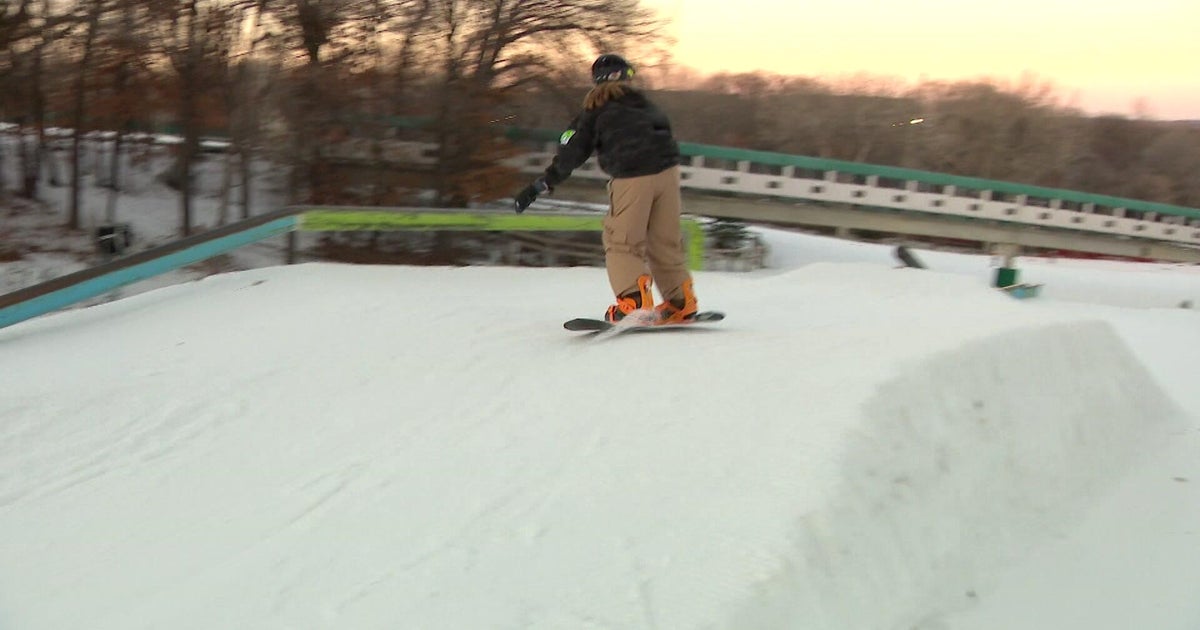Congestion pricing is a disaster for New Yorkers without subway access, some Brooklyn residents say
NEW YORK — People in Southern Brooklyn say congestion pricing is a disaster for those in so-called transit deserts.
The plan is set to go into effect on Jan. 5.
Congestion pricing forces residents to rethink finances
Elizabeth Morrissey is a retired NYPD lieutenant living in Marine Park.
"We do have a lot of shift workers and that means they can't rely on transportation. They drive into the city. We have nurses, we have doctors, firemen," said Morrissey, a member of the Madison Marine Homecrest Civic Association.
That neighborhood, along with many others in Southern Brooklyn, is considered a subway desert because of a lack of nearby trains.
So Morrissey relies mostly on cars and says the upcoming implementation of congestion pricing has forced residents to rethink their finances.
"People are trying their hardest to make do with what they have now. And now they have this, and especially now right after the holidays," she said.
Critics say now is not the time for an extra tax burden
Sharon Long has lived in Canarsie for decades. It's another Brooklyn area with slim subway options.
"I have a 22-year-old granddaughter who complains every day, 'Why do we have to live in Canarsie? You cannot get anywhere in Canarsie,'" she said.
Long adds that for many in her neighborhood, the rebirth of the controversial plan feels like a slap in the face.
"Especially in Canarsie, we seem to always get the raw end of the deal. And as a matter of fact, my family is seriously considering, we have to move out of New York. We can no longer afford to live in New York," said Long, a retired police officer who now works for Assemblymember Jaime Williams.
"We always pride ourselves here in the southeast part of Brooklyn that we are the suburban community, the small town upstate, stuck in New York City. We are residential from Canarsie through Gerritsen Beach," said Williams (D), who represents the 59th Assembly District.
For example, from her district office on Avenue N, the closest subway stop, near Brooklyn College, is about a 15-minute drive, 20-minute bus ride, or 40-minute walk away.
"This is not the way to do it. If we love New Yorkers, you know, now is not the time to put an extra tax burden on them," said Williams, who voted against congestion pricing in 2019.
In response, the MTA cited Gov. Kathy Hochul's announcement on Tuesday about service enhancements to 24 bus routes, many of which serve subway deserts like Canarsie, Coney Island and East New York.
"I just would like to know with this congestion pricing, is Governor Hochul going to take the bus or train down when she comes to her New York office?" said Morrissey.
Opponents of congestion pricing also say the MTA has not done enough to address concerns around fare evasion or public safety.
The MTA said it is implementing a list of actions to address fare evasion, including changing turnstiles and deploying security guards.
Have a story idea or tip in Brooklyn? Email Hannah by CLICKING HERE.

